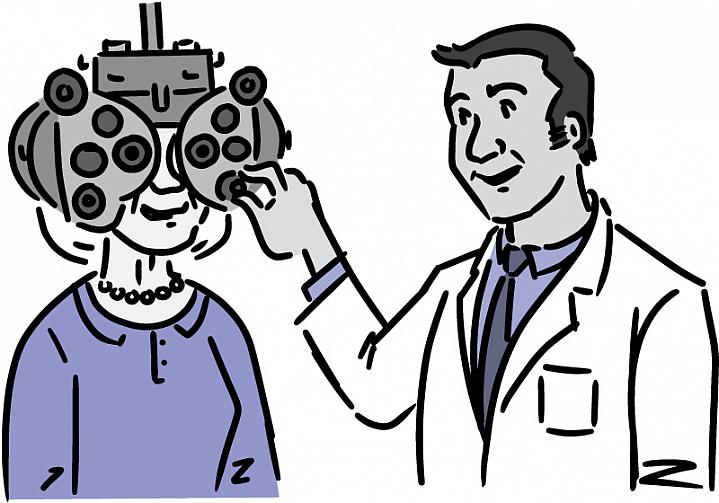Understanding the “Sneak Thief of Sight.”
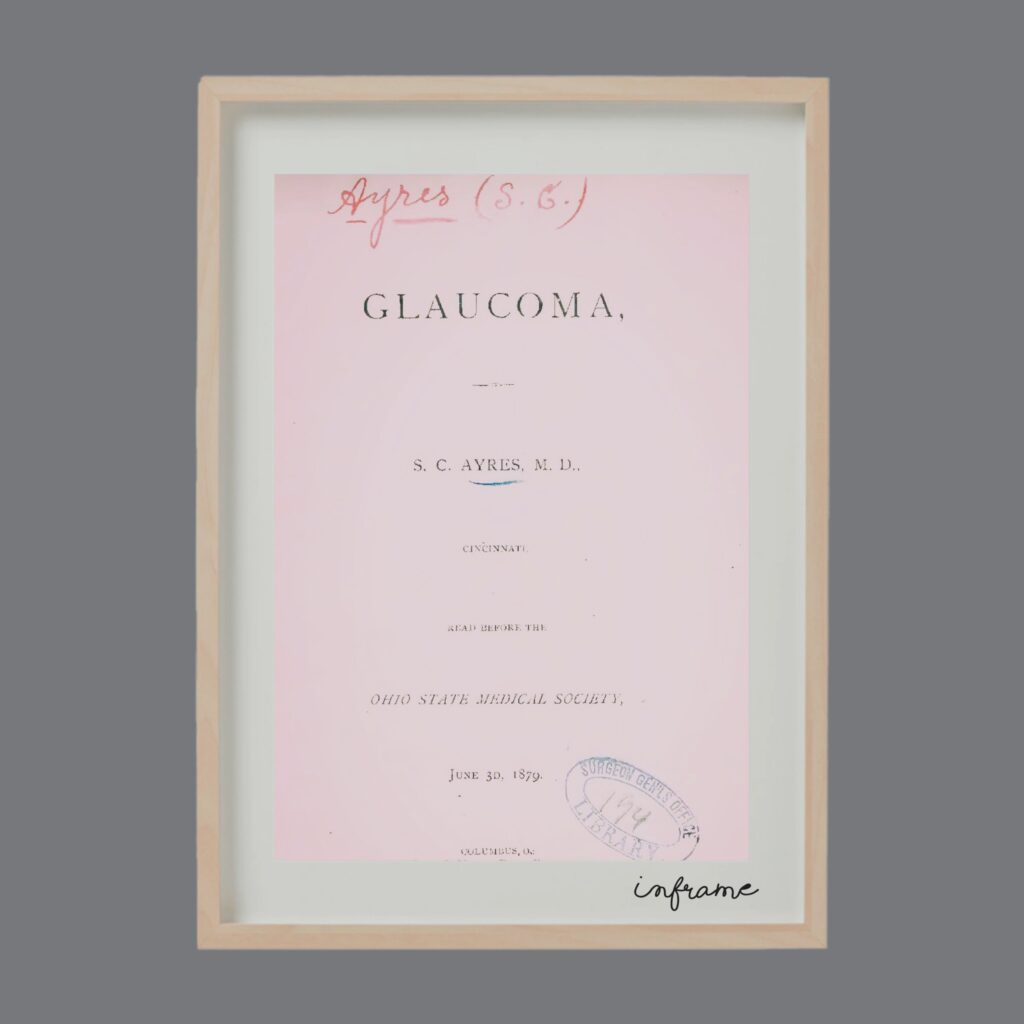
Commons/Public Domain)
As senior citizens, one of many health issues that we may be faced with is Glaucoma. About five percent of people age 65 and older develop glaucoma and ten percent of those age 80 and older develop it. Like an unwelcome guest, it sneaks into the eyes of older folks, affecting their vision and overall quality of life.
Let’s take a look at this problematic condition and what can be done about it.
What is Glaucoma?
Glaucoma is a group of eye conditions that damage the optic nerve, typically due to increased pressure within the eye. It’s a bit like a dam that’s about to burst – the pressure builds up, and if it’s not managed, it can lead to vision loss. Unfortunately, glaucoma often shows no early symptoms, which is why it’s earned the nickname “the sneak thief of sight.”
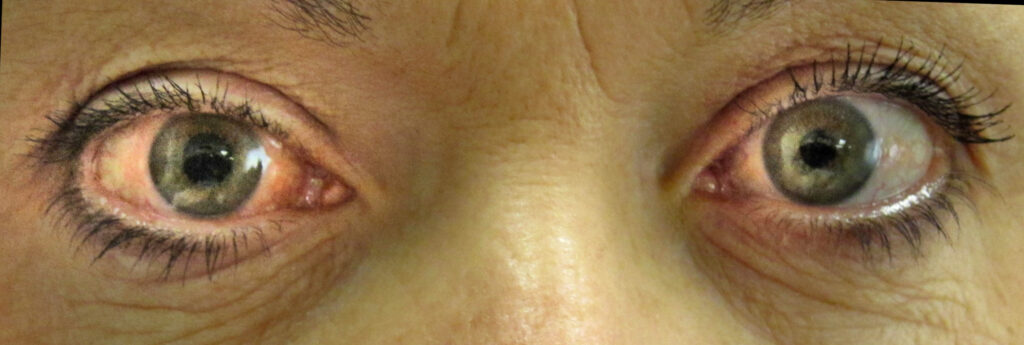
(Image by and courtesy of Ralf Roletschek – Own work, GFDL 1.2,
https://commons.wikimedia.org/w/index.php?curid=5083599 via Wikimedia Commons)
Effects on Seniors
Now, why is awareness of glaucoma especially important for seniors? Well, as we age, our risk of developing glaucoma increases. Seniors are considerably more likely to experience the effects of this condition, which can include peripheral vision loss, difficulty adjusting to low light, and even blindness, if left untreated.
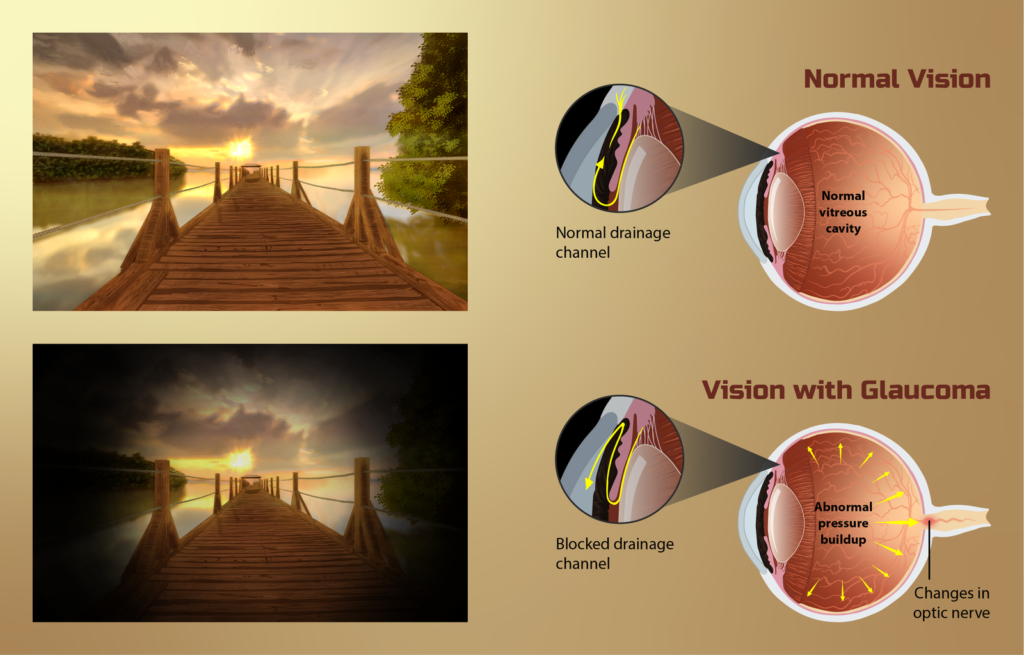
(By https://www.myupchar.com/en – https://www.myupchar.com/en/disease/glaucoma, CC BY-SA 4.0, https://commons.wikimedia.org/w/index.php?curid=85338507 via Wikimedia Commons)
The truth is, glaucoma can be a catastrophic game-changer in the lives of seniors. Imagine not being able to see your grandkids’ smiles or enjoy your flower garden or even see “walk” signs on traffic lights like you used to. It’s not something anyone wants to go through.
Although a majority of glaucoma types are not particularly painful, acute angle-closure glaucoma is a different story. If afflicted, you may experience sudden, severe eye pain with nausea and vomiting, headache and blurred vision. This is an emergency and you should immediately seek prompt medical attention and treatment so you don’t lose your sight.
Treatment and Cures
Sounds scary, right? But there is good news as well. While there’s presently no cure for glaucoma, it can be managed effectively, especially if detected early. Treatments usually entail reducing pressure within the eye itself. Eye drops, oral medications, and even surgeries are common ways to tackle this condition.

his Glaucoma-afflicted grandmother down the street.
(Photo by By JFVelasquez Floro – Own work, CC0, https://commons.wikimedia.org/w/index.php?curid=103339684 via Wikimedia Commons/Public Domain.)
So, if you suspect you or a loved one might be dealing with glaucoma, don’t hesitate to reach out to an eye specialist in your community. They’ll help you explore treatment options tailored to your specific situation.
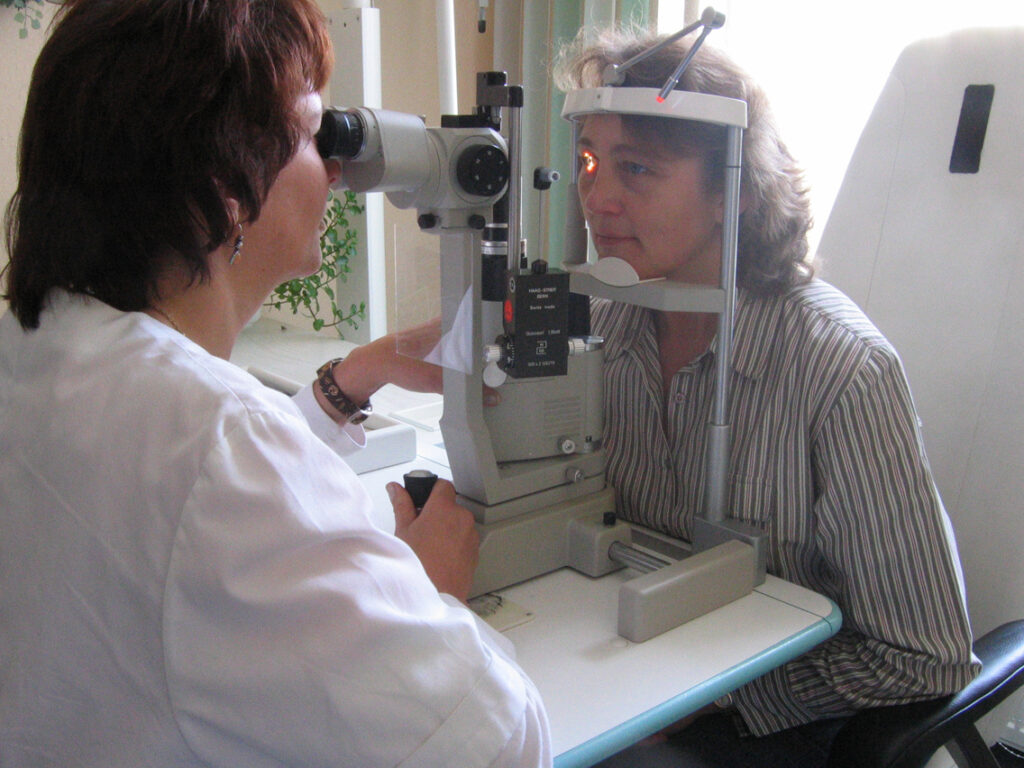
(Image by Ralf Roletschek – Own work, GFDL 1.2, https://commons.wikimedia.org/w/index.php?curid=5083599 via Wikimedia Commons.
National Organizations
If you’ve been diagnosed with glaucoma and aren’t sure where to turn or what to do next, please don’t think for a moment that you are all alone. As with any other issue affecting seniors, you can start with the U.S. Administration on Aging’s Eldercare Locator. Call them toll-free at 1-800-677-1116. They have Information Specialists available Monday through Friday, from 8am until 9pm Eastern Time.
There are also a number of groups focused on Glaucoma that you can contact directly:
1. Glaucoma Research Foundation
This San Francisco-based organization is focused on funding research to find a cure for glaucoma and helping patients who have been diagnosed with it. They provide a wealth of information, support, and resources for patients and caregivers. They can be reached by phone at 415-986-3162 and by email at question@glaucoma.org. Their website is https://glaucoma.org/
2. National Glaucoma Research
The BrightFocus Foundation is a private funder of programs and research to combat Alzheimer’s, macular degeneration and glaucoma. Based in Clarksburg, Maryland, their National Glaucoma Research program focuses on advancing research to better understand glaucoma and improve treatments. They’re committed to finding innovative solutions for this eye condition. Their phone number is 1-800-437-2423, email address is researchgrants@brightfocus.org and website is https://science.brightfocus.org/.
3. Prevent Blindness
While not exclusively focused on glaucoma, this organization is dedicated to preventing blindness and preserving sight. Founded in 1908, they are headquartered in Chicago, Illinois. They offer a variety of resources and support for seniors dealing with various eye conditions, including glaucoma. Their phone number is 1-800-331-2020, email is info@preventblindness.org and website is https://preventblindness.org/.
4. The Glaucoma Foundation
Based in New York, this foundation strives to provide educational resources and promote awareness about glaucoma. They work towards early detection and effective management of the condition. Their phone number is (212) 285-0080, email is info@glaucomafoundation.org and website is https://glaucomafoundation.org/.
The above organizations are like guardian angels for those affected by glaucoma. They offer valuable information, support, and funding for research that could one day lead to a cure. So, while we may not have a magic lamp to instantly fix glaucoma, these organizations are working tirelessly to make a difference.
So…while glaucoma may be a challenging and unwanted guest at the senior citizen’s vision party, with early detection, proper treatment and the support of national organizations, we can ensure that it doesn’t overstay its welcome. So, keep an eye on your eye health, and remember, there’s hope and help available for those dealing with glaucoma.
By Steven Roberts

